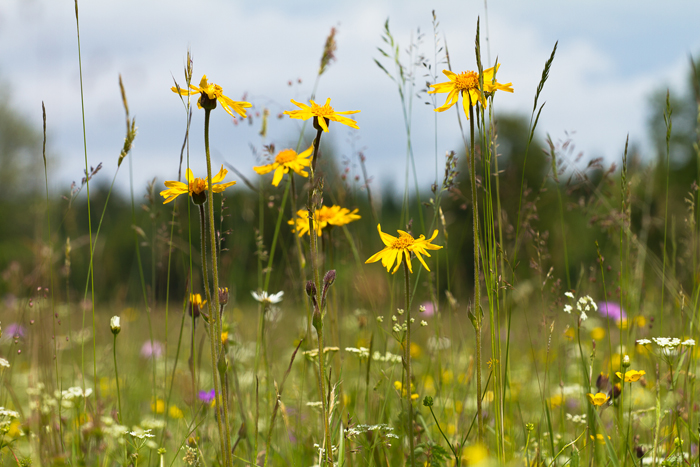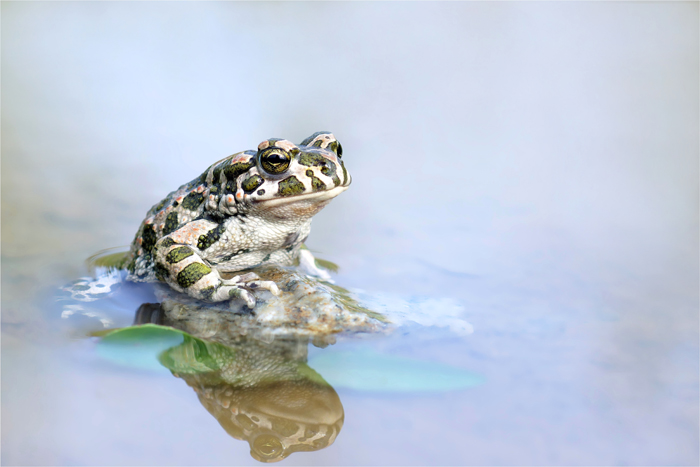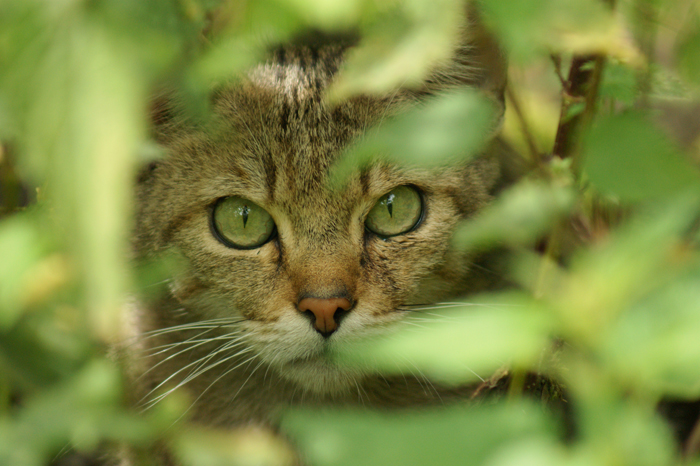Case Study
Implementation of Natura 2000 in German Nature Parks: Maintenance of open land habitats in the Saale-Unstrut-Triasland Parks
Contact name
Jörg Liesen
Institution name
Verband Deutscher Naturparke (Association of German Nature Parks)
Region & country
Germany
Summary
The project analyzed how German Nature Parks currently support the implementation of Natura 2000 on a nationwide level. Together with nature conservation authorities, land users and other stakeholders, further options for action were developed in 15 model Nature Parks and are presented in a manual.
The project was a research and development project funded by the Federal Agency for Nature Conservation with funds from the Federal Ministry for the Environment, Nature Conservation and Nuclear Safety. Project Duration: Oct. 2017 – Nov. 2020
Specifically, the maintenance of open land habitats as Natura 2000 areas in the Saale-Unstrut-Triasland Nature Parks is presented here.

Natura 2000
VDN / Stanislaus Plewinski

Wechselkröte
VDN / Sonja Haase

Wildkatze
VDN / Maik Elbers
Background of the project
Challenges in grazing of mostly small-scale Natura 2000 areas in the Nature Parks but also possible solutions to them became clear. The views and requirements of the different parties involved – farmers and animal keepers, authorities, Nature Parks, etc. – could be exchanged and will be incorporated into future activities.
• Local, practical solutions in accordance with livestock farmers are important to enable or secure grazing on Natura 2000 sites.
• Isolated solutions simply are not sufficient to secure the valuable areas in the long term. Many obstacles result from the requirements and funding conditions of EU agricultural policy and EU nature conservation directives. This is where lobbying by the associations (VDN, farmers’ association, nature conservation associations) is required.
Solution and actions taken
• The Nature Parks will continue its Natura 2000 activities and will extend them where possible. The park-management could be coordinator for the topic of grazing of Natura 2000 areas and act as a mediator between farmers and livestock farmers and authorities.
• As a result and conclusion of the work, the project sponsors and the Saale-Unstrut-Triasland Nature Parks have jointly developed recommendations and options for the grazing of Natura 2000 areas in the Saale-Unstrut-Triasland Nature Park.
• Development of local solutions for grazing N2000 areas in accordance with the livestock keepers
• Influence on the optimization of the general conditions (financing, subsidies, specifications)
• Stronger cooperation between the parties involved (state administration: State Office for the Environment, State Administration Office and Ministry of the Environment / lower nature conservation authorities / Nature Parks / livestock keepers)
Other institutions or parties involved
• Ministry of Environment, Agriculture and Energy of Saxony-Anhalt (MULE)
• State Office for Environmental Protection Saxony-Anhalt (LAU)
• Saxony-Anhalt State Administration Office (LVWA)
• Lower nature conservation authority Saalekreis and Burgenlandkreis
• NABU (NGO)
• Farmers’ Association Burgenland
• Farmers
• livestock keepers
• Representatives of the Nature Parks office
• BTE
• Association of German Nature Parkss (VDN)
Results
• Consultation of livestock keepers improved, procurance of areas, support with formalities (e.g. application for and handling of subsidies), public relations work
• joint development of grazing models/solutions related to the situation (area, conservation objectives, general conditions of the livestock keeper)
• joint (Nature Parks and livestock keepers) preparation of suitable areas: clearing of scrubs, fixing fences, etc.
• Nature Parks checks whether provision of grazing equipment is possi
Challenges
• Lack of
– infrastructure for grazing land: access roads, water, fences
– access to the areas, abandoned paths, no possibility of drifting
– acceptance/financial incentive for grazing
– slaughterhouses and marketing opportunities
• High workload for fence construction, control, maintenance
• Grazing not economical, too small area sizes
• Requirements lead to enormous time expenditure / risk of sanctions in pasture farming
• Rising lease prices
Lessons learned
• program for micro plots necessary
• Future state support program for the maintenance of open land areas of high nature conservation value on low-yielding and isolated sites in Saxony-Anhalt
• stronger financial support/bonuses for livestock keepers
• Subsidy consulting at LAU
• Placing/conveying pasture equipment (fence, impact device, etc.)
Contact name
Jörg Liesen
Institution name
Verband Deutscher Naturparke (Association of German Nature Parks)